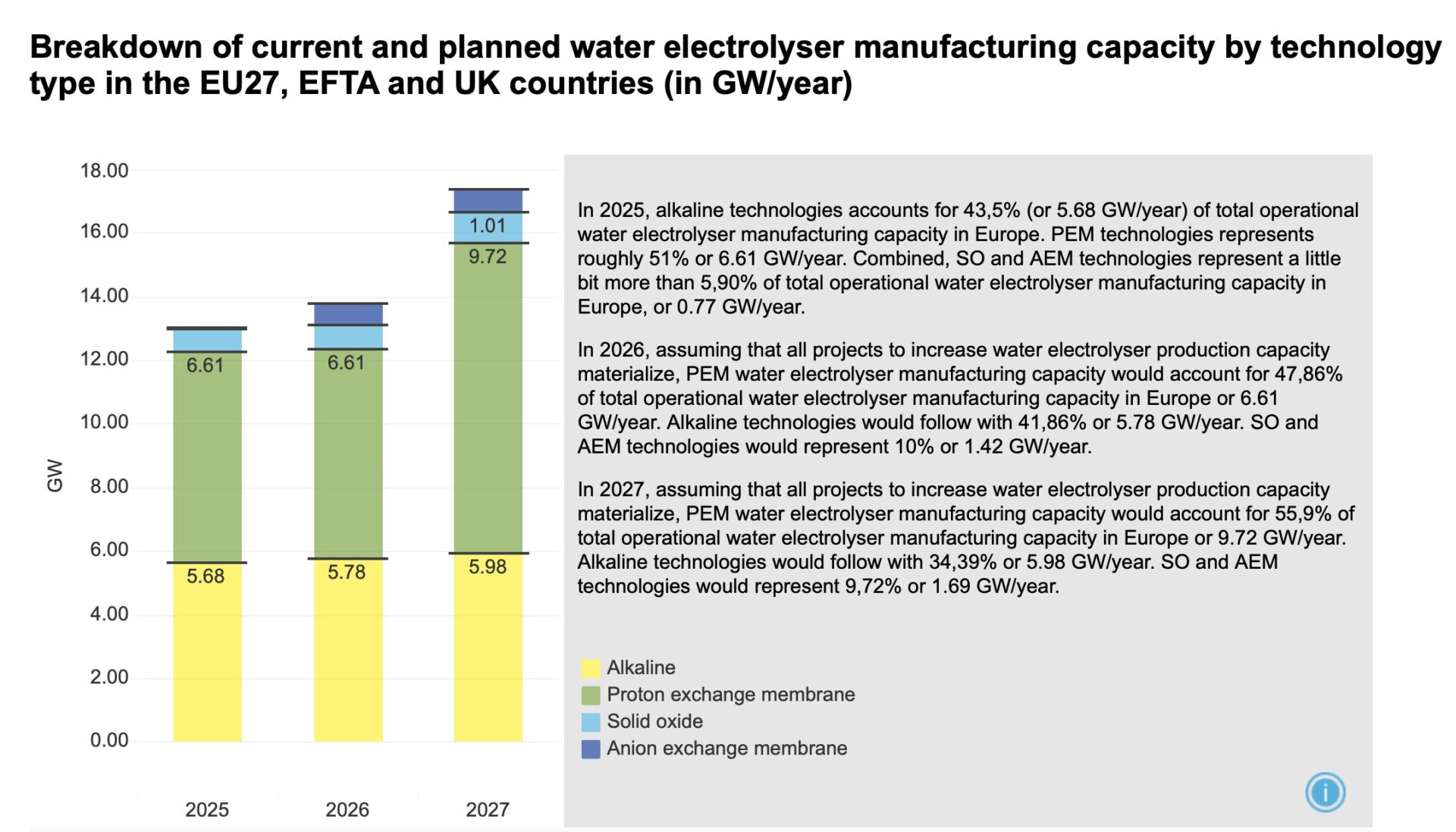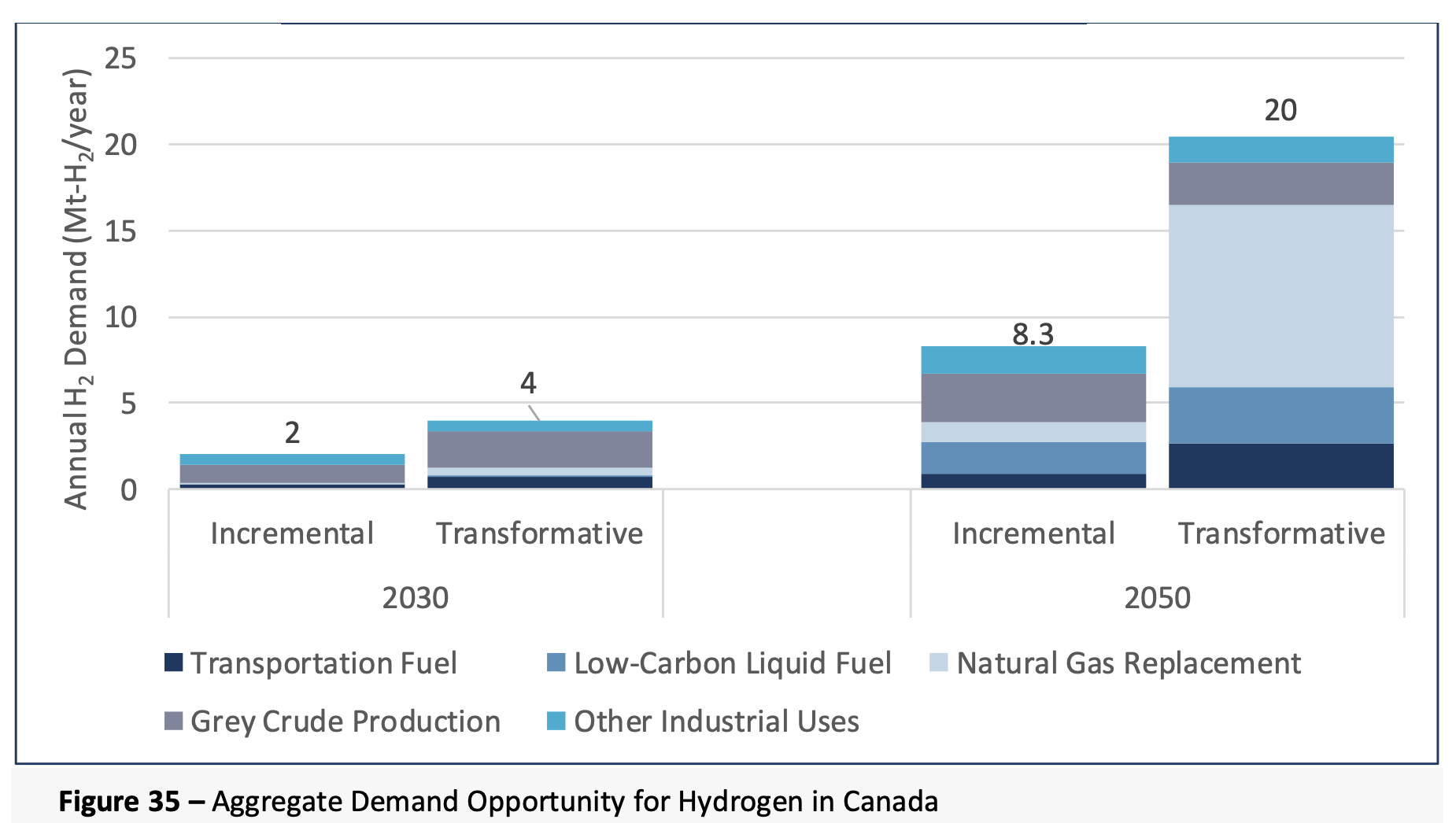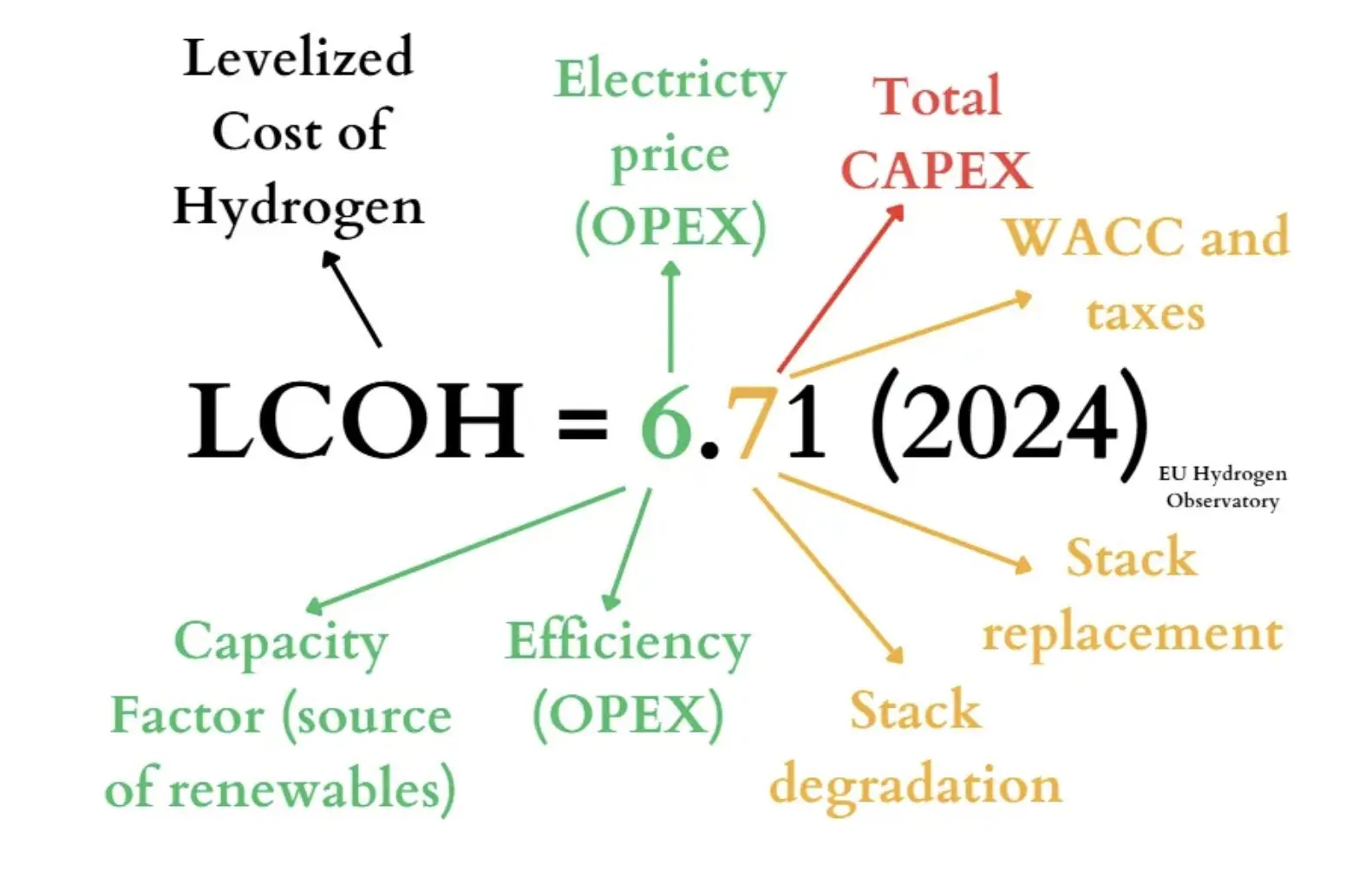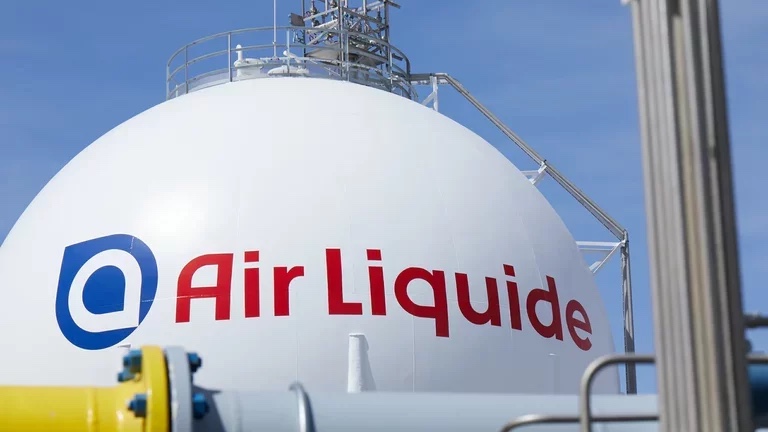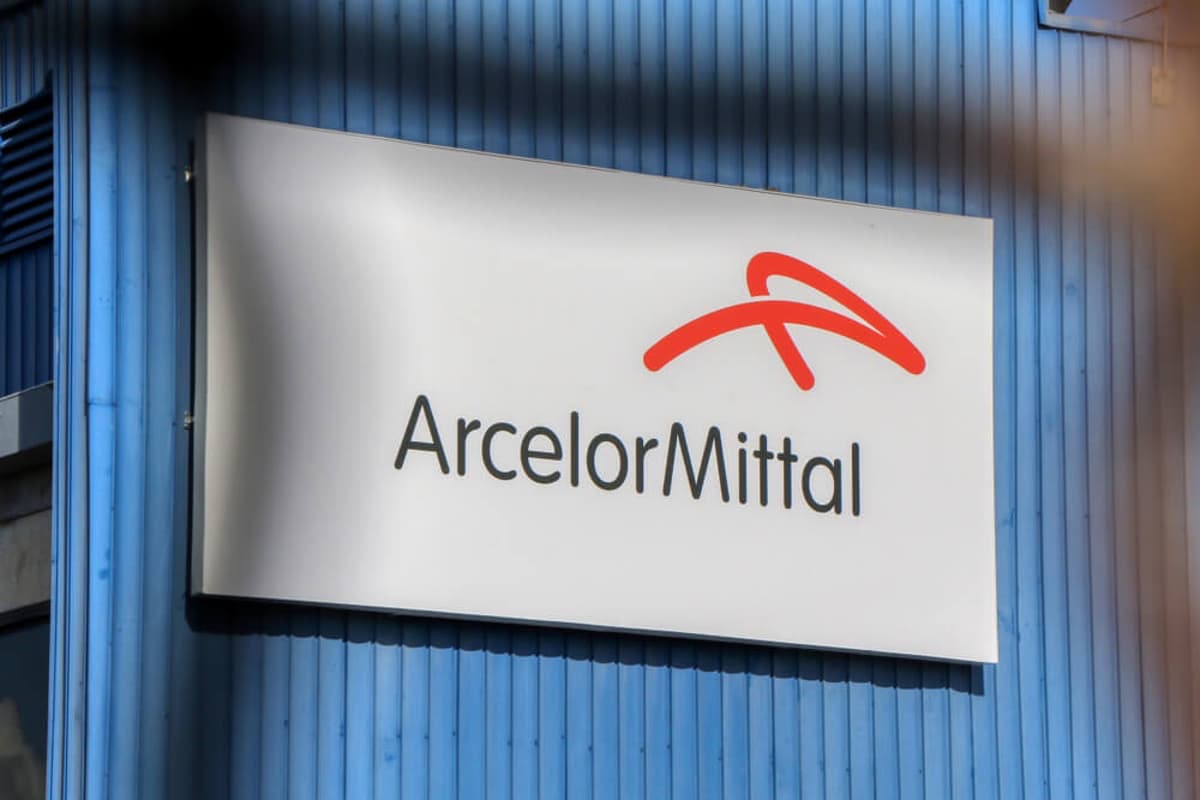
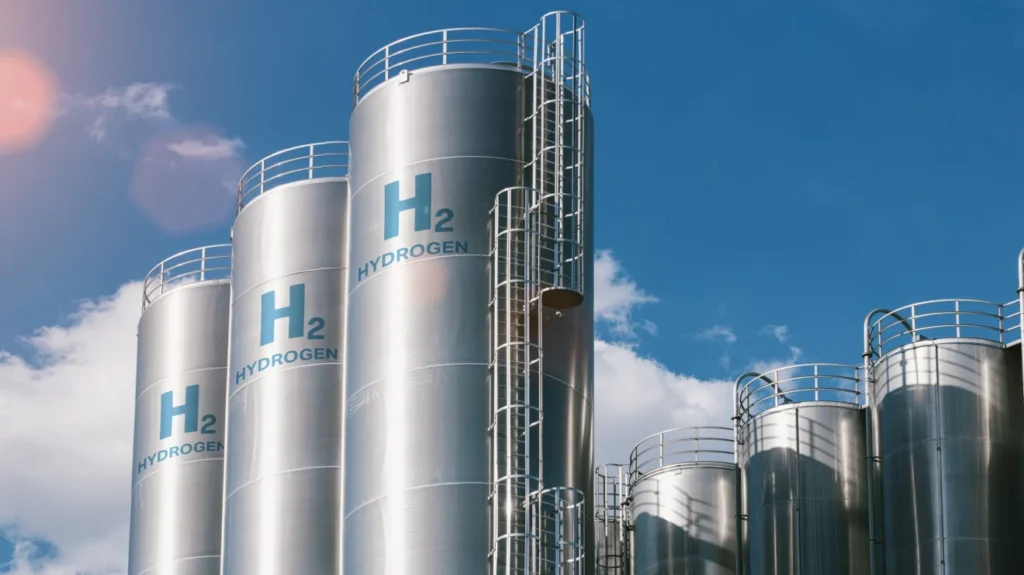
As part of the RePowerEU plan, the EU has set a goal to produce 10m tonnes of renewable hydrogen and import another 10m tonnes by 2030.
“The EU’s target of 10m tonnes of green hydrogen production by 2030 has created a lot of optimism and triggered the launch of several projects.
But neither the EU nor member states have followed with necessary financing, requiring off-takers to foot most of the bill,” Hans-Henrik Lindboe, a partner at the firm, told Montel in an interview.
“I think many may have launched projects anticipating that state support would be higher.”
Projects postponed
Several Nordic hydrogen projects have recently been terminated or postponed, like Orsted’s plans for a 70 MW e-methanol plant in northern Sweden and a larger 1.3 GW plant in Denmark, while in June, Norwegian power producer Statkraft cut its green hydrogen ambitions as it said it had underestimated the challenges involved.
Lindboe said the sector had failed to cut costs as quickly as expected, making buyers – for example from the shipping industry – reluctant to enter long-term deals.
“The US has an official target to produce green hydrogen for USD 1/kg in 2030. This seems totally unrealistic. A more realistic target for 2030 is USD 3-4/kg, compared to well over USD 5/kg currently. The question is then who will pay.”
“Too expensive”
In the long term, he said the sector should benefit from the same advantages of scale that have been seen for wind and solar technologies, but that the use would probably still only be half of the EU’s 60m target for 2050.
“There are sectors where green hydrogen will be too expensive, like residential heating and heavy-duty road transport. The outlook is more promising for maritime transport and industrial use, like clean steel manufacturing, though the sector will face some competition from blue hydrogen made from decarbonised gas.”
His comments reflect wider concerns expressed by industry participants. An Aurora analyst said on Wednesday that the market was now “facing realism” about hydrogen’s anticipated role in the energy transition as it had passed “peak hype”.
In Spain, experts warned yesterday of a potential bubble in the country’s hydrogen sector.
Source: Montel

